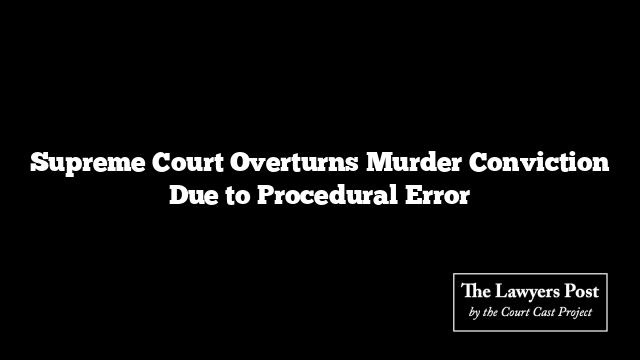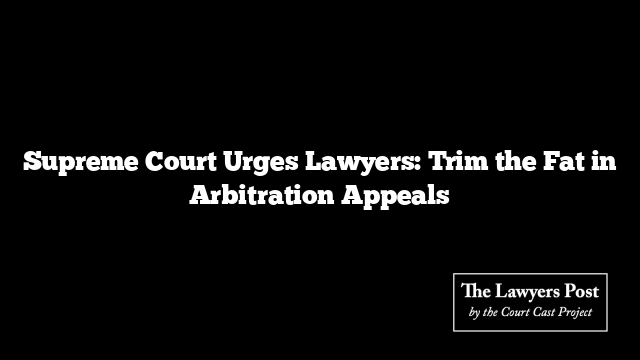In a landmark decision, the Supreme Court recently overturned a murder conviction, citing critical procedural lapses in the trial process. The Court emphasized that failure to question the accused on incriminating circumstances, as mandated under Section 313 of the Code of Criminal Procedure, led to a miscarriage of justice. This ruling underscores the pivotal role of Section 313 in safeguarding the rights of the accused to present their defense effectively.
The case in question, spanning nearly three decades, saw the accused denied the opportunity to address key incriminating evidence during trial. Justices CT Ravikumar and Sandeep Mehta highlighted that this omission constituted a serious procedural flaw, resulting in an unfair trial. They stressed that such errors, which prejudice the accused’s ability to rebut allegations, cannot be overlooked.
Section 313 of the CrPC stands as a crucial safeguard, enabling defendants to directly respond to incriminating evidence brought forth by the prosecution. The Court’s decision reinforces the principle that any deviation from this procedure must not undermine the fundamental right to a fair trial.
This verdict not only sets a precedent for future cases but also serves as a reminder of the judiciary’s role in upholding procedural justice. The Supreme Court’s scrutiny of trial procedures underscores its commitment to rectifying injustices caused by procedural lapses, ensuring that the integrity of the legal process remains intact.
The appellant, who had already spent over a decade behind bars, saw his conviction overturned due to the trial court’s failure to adhere to Section 313 requirements. This outcome highlights the consequential impact of procedural errors on legal outcomes and reaffirms the Court’s duty to rectify such miscarriages of justice.





